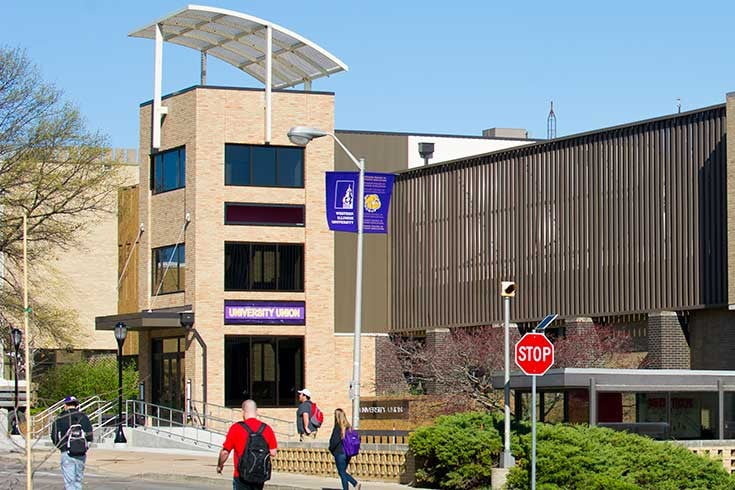
American Higher Education in a Survival War Declining student population and mounting financial strain Layoffs of faculty and inevitable campus closures Western Illinois University Community Center
Read More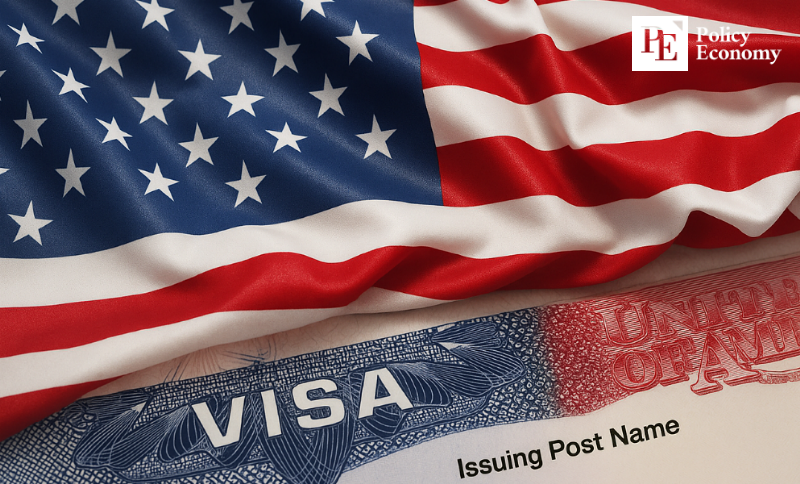
Total Visa Cancellations Reach 40,000, 2.5 Times Biden-Era Level Anti-Immigration Drive Extends Across U.S. Campuses Concerns Over Disruption of America’s Talent Pipeline The administration of U.S.
Read More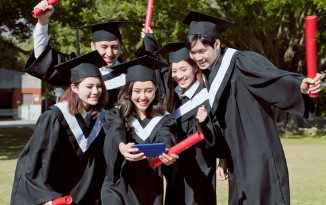
Degrees are being handed out like receipts. Rigor erodes as GPAs climb. AI looms over every exam. It may come as little surprise that academic standards are slipping across universities. With students viewed as consumers rather than scholars, admissions have become more lenient, grades have inflated, and the pressure to satisfy rather than challenge has taken center stage. The looming presence of AI tools like ChatGPT only accelerates the erosion, making it more challenging than ever to uphold meaningful evaluation.
Read More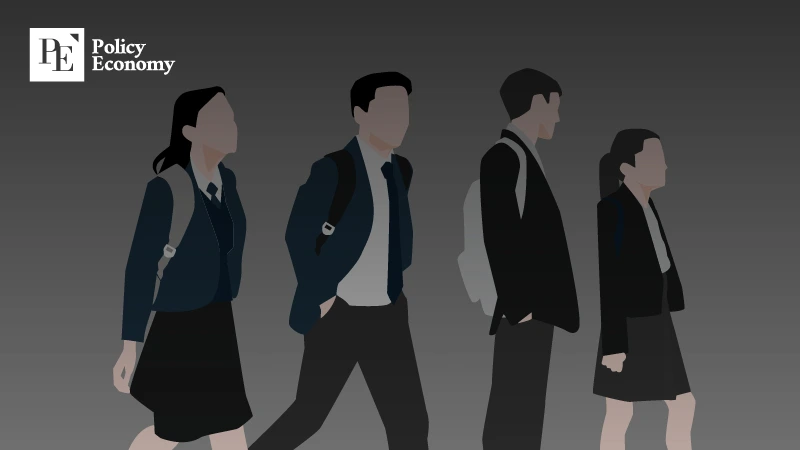
One genius can create a breakthrough. Elite minds can shape national futures. The race for technological supremacy starts in the classroom. As the global tech race accelerates, the world is beginning to recognize that the true battleground may not lie in silicon chips or supply chains, but in schools and universities.
Read More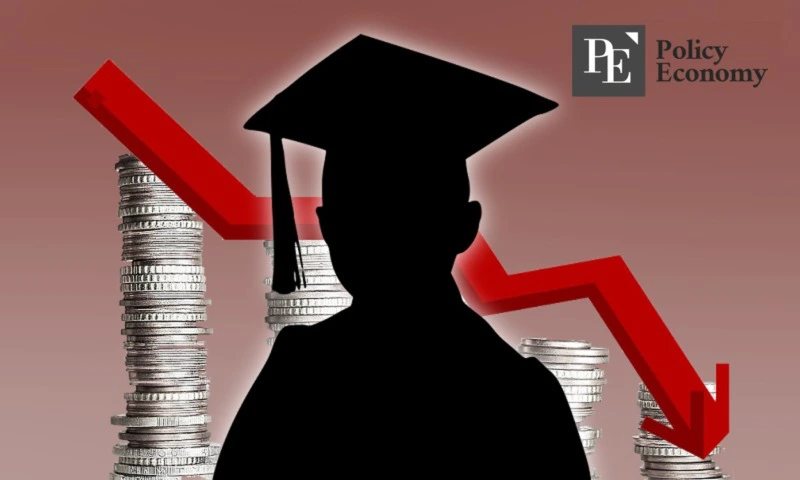
Foreign seats fall vacant, tuition lines thin, Silenced campuses where debate once would begin. The policy is a silent approval in disguise. And universities brace for fiscal compromise. Tighter U.S. immigration rules and increasingly hostile rhetoric toward international students may be precisely what policymakers intended. But as September approaches, universities across America face a potential crisis: nearly 40 percent fewer foreign students are expected to arrive on campus.
Read More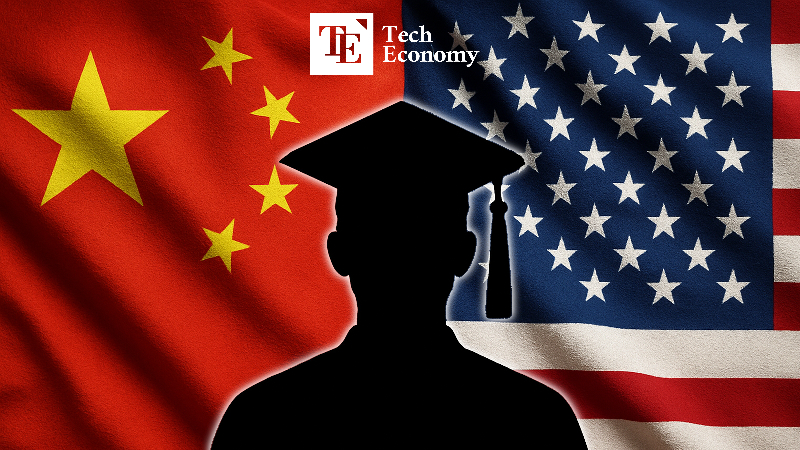
The partnerships of old fall out of sight, Now two worlds train minds in separate light. Shared questions fade, replaced by code, For learning stark, where bridges erode. The widening U.S.–China conflict is already reshaping academic, educational, and social landscapes. Universities, researchers, and students are increasingly divided, split across national lines and competing digital ecosystems. Collaboration may not vanish entirely, but it is becoming more difficult, more regulated, and more cautious.
Read More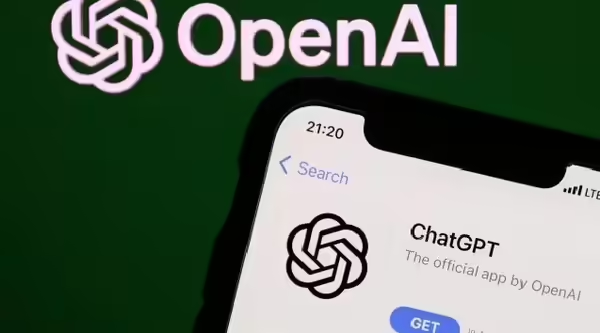
The brain does not rest in silence; It wrestles with questions in lecture halls, grapples with deadlines in dorm rooms, And now, it speaks to machines. As OpenAI launches its new ChatGPT “Study Mode,” the academic world is entering another turning point in the debate over artificial intelligence in education. Promising a smarter, more personalized version of its chatbot, the feature is specifically designed for college students.
Read More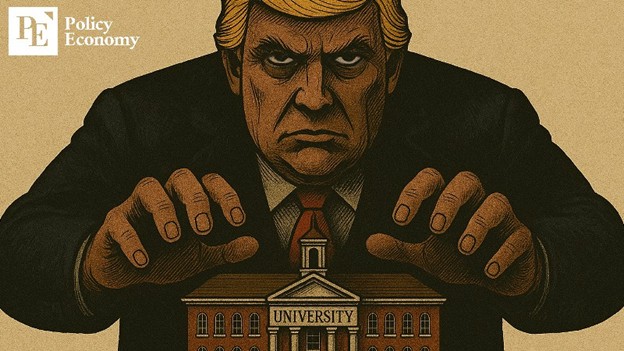
Columbia agrees to pay over USD 220 million to regain federal funding. The university implements sweeping reforms on protests, DEI, and academic oversight. The agreement sets a precedent many academics view as political coercion. In July 2025, Columbia University reached a landmark settlement with the Trump administration to resolve probes over campus antisemitism and protest management, paying over USD 220 million to restore research funding.
Read More
Harvard defends its academic autonomy amid Palestine controversy. The Trump administration and pro-Israel donors exert mounting pressure. Civil rights advocates warn of a dangerous precedent for academic freedom. In the storm of global politics, even the world’s most prestigious universities are finding themselves on the frontlines. As the U.S.
Read More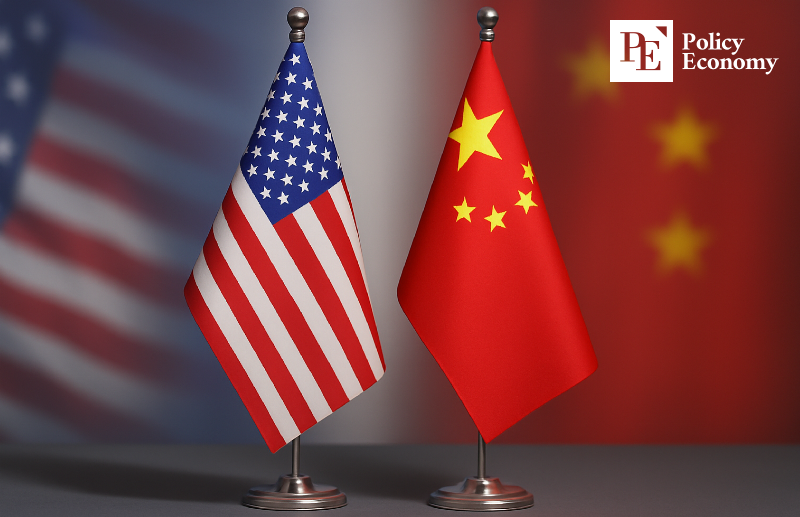
Spy Label Deals a Blow to U.S. Education and Research Fighting Espionage or Excluding Talent?
Read More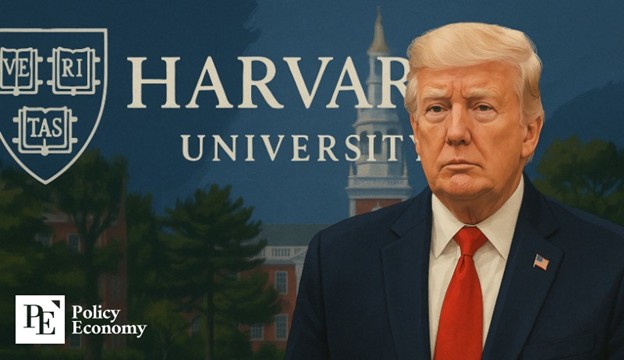
U.S.: "Harvard International Students Stripped of Enrollment Rights" "Current Students Also Must Transfer" Strongest Measure Yet Following Financial Aid Freeze
Read More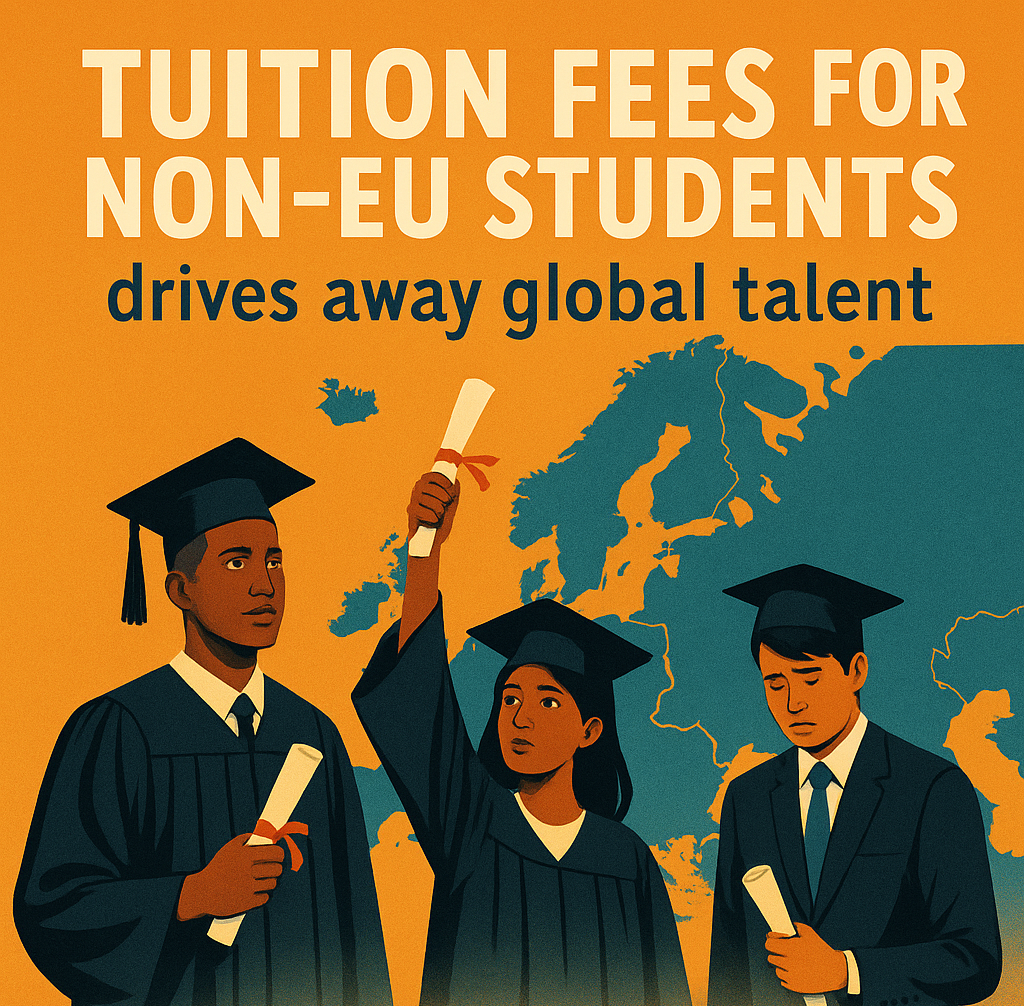
Europe’s long-standing values of education as a public good undermined New tuition-fee policies threatens Europe’s ability to retain global talent and fill workforce gaps Reinstating free or subsidized tuition for non-EU students as a moral imperative and a strategic investment
Read More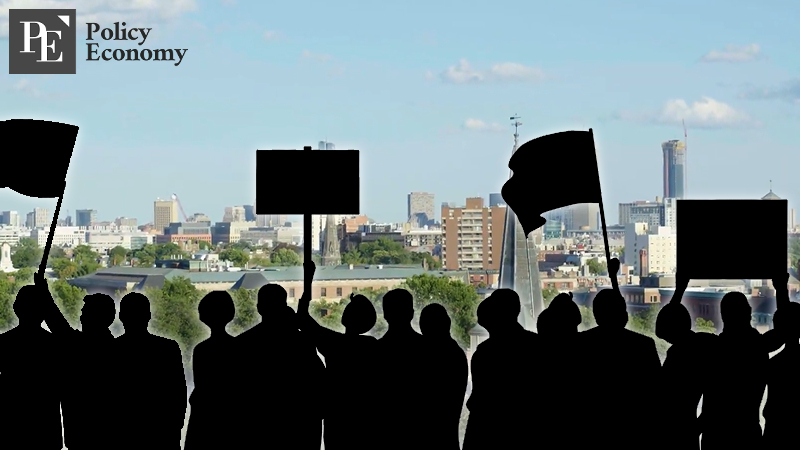
The Cost of Noncompliance: Tax Status on the Line Harvard’s Defiance and the Ripple Across Academia A Battle for the Future of American Higher Education Harvard
Read More
Smartphones: The New Forbidden Fruit in School Culture A Global Response: England’s Quiet Ban and Korea’s Legislative Push Do Phone Bans Actually Work? Smartphone / is
Read More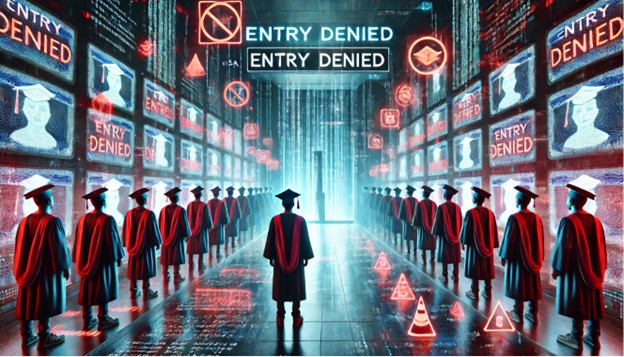
Hidden Scope of a Nationwide Purge Fear, Silence, and the Price of Speaking Out The Quiet Exit of a Protester The Silent Departure of student acti
Read More
A Crackdown Fueled by Protests and Politics Students and Science Caught in the Crossfire The Stakes for Academic Freedom and the Future of Research US
Read More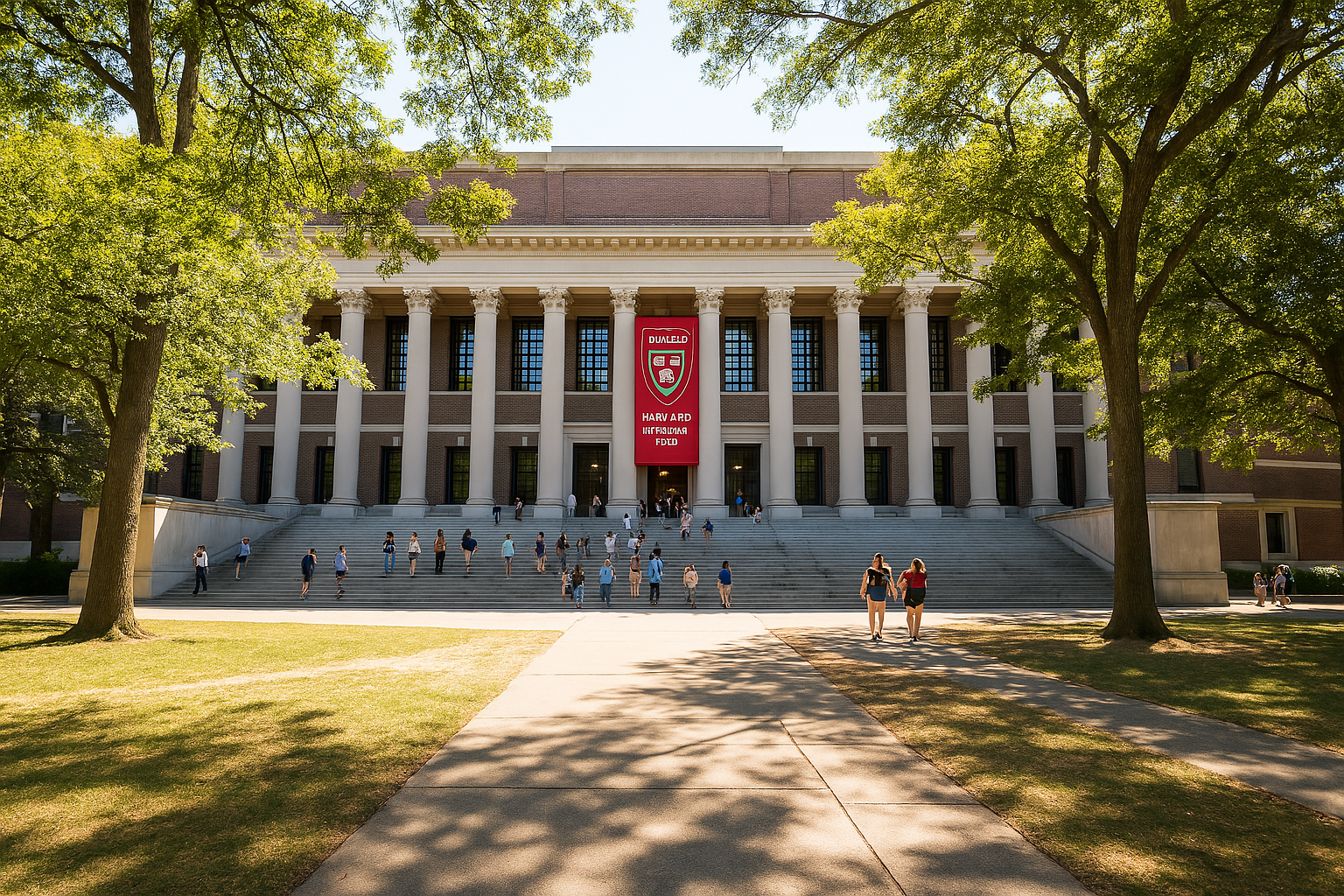
A Political Play or a Necessary Action? The Fallout from Antisemitism Concerns The Broader Implications for Higher Education Harvard University Campus / istockphoto
Read More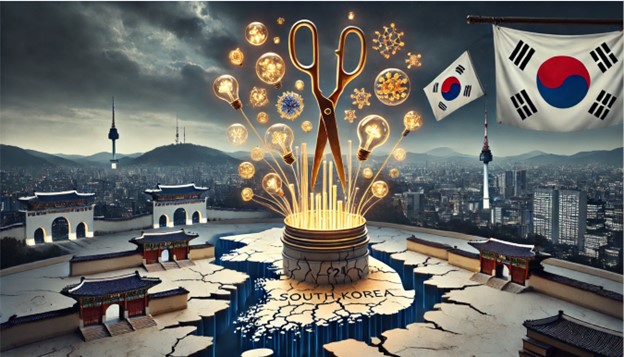
The Budget Cut That Destroyed the Pipeline The Human Cost of an Academic Dream Redefining the Prospective Course The Yoon Suk-yeol administration reduced the national research and develo
Read More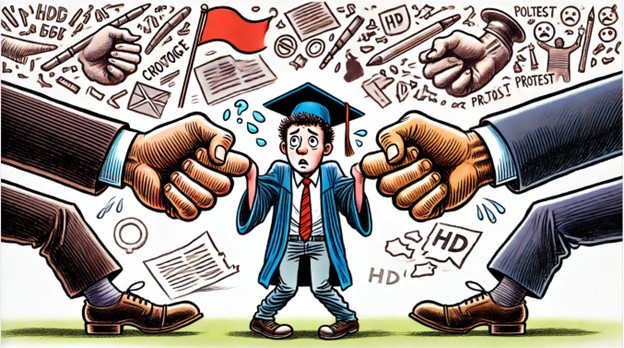
An Experiment in Global Education, Now Under Strain Academic Freedom Tested by the Winds of Authoritarianism Can Bridges Withstand the Political Storm? NYU S
Read More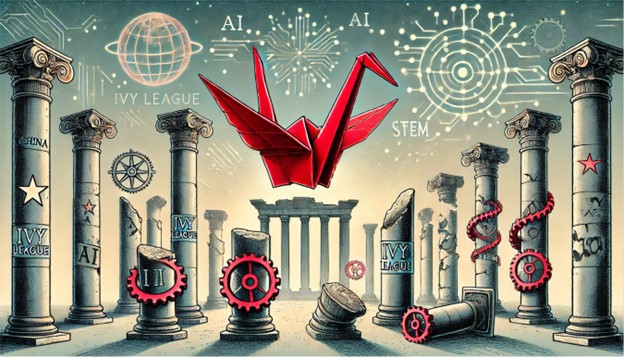
Inside China's University Strategy: A Distinct Kind of Dream The Emergence of a New Academic Order: Redefining Global Excellence The East Is the Starting Point for the Future of Global Education
Read More











